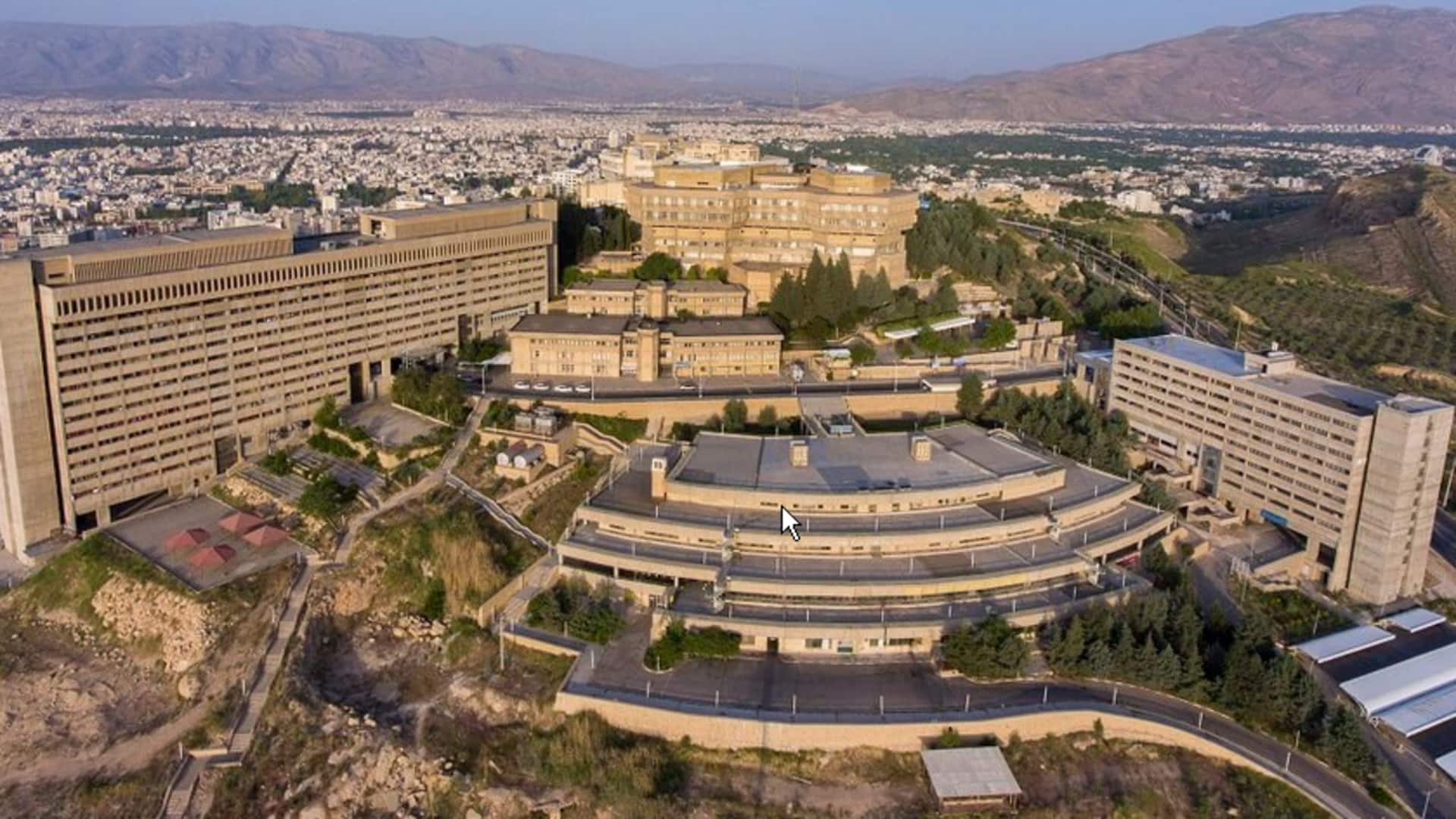
Why Indian students choose Iran to study medicine
What's the story
As the Israel-Iran conflict escalates, over a thousand Indian medical students in Iran find themselves in a precarious situation. On Tuesday, the Ministry of External Affairs (MEA) confirmed that some Indians have been allowed to exit Iran through the Armenian border, with 110 students from Urmia reaching the border on Monday evening. These 110 students will fly to Delhi on Wednesday. But what makes aspiring doctors choose Tehran for their education?
Student count
Where are the Indian students in Iran enrolled?
According to the MEA, around 1,500 Indian students are pursuing medical degrees in Iran. These include institutes like Shahid Beheshti University of Medical Sciences, Islamic Azad University of Medical Sciences, Iran University of Medical Sciences, Tehran University of Medical Sciences, Hamadan University of Medical Sciences, Golestan University of Medical Sciences, and Kerman University of Medical Sciences.
Reasons for choosing Iran
Why do Indians choose to study medicine abroad?
Indian students, especially from Jammu and Kashmir, prefer studying medicine in Iran for several reasons. The intense competition for limited medical seats in India drives many to seek better opportunities abroad. In India, nearly 23 lakh candidates appear for the NEET-UG exam, while the total MBBS seats in 2025 are over 1.1 lakh. With only 55,000 seats available in government medical colleges and high fees at private institutions, many families can't afford the cost of education.
Cost-effectiveness
Tuition fees, living expenses
Iran offers affordable medical education, with tuition fees at universities like Tehran University of Medical Sciences and Isfahan University of Medical Sciences being much lower than in Europe or the United States. Living expenses are also reasonable, making it an attractive option for middle-income families. Some Indians who initially chose Bangladesh for their MBBS degree are now opting for Iran due to lower costs and living expenses.
Quality of education
Early clinical exposure, NMC recognition
Apart from cost, students are also attracted to the modern infrastructure, integrated curricula, and early clinical exposure offered by Iranian medical universities. Moreover, these universities are recognized by India's National Medical Commission (NMC), allowing graduates to practice in India after passing the FMGE (NEXT) exam. Many of these Iranian universities are also listed in the World Directory of Medical Schools (WDOMS), which helps bolster their international recognition.
Helpline
Control room, helpline
In response to the conflict between Iran and Israel, India has set up a 24/7 control room in New Delhi. The Indian Embassy in Tehran has also set up a 24/7 emergency helpline. Other helplines are for Bandar Abbas and Zahedan. "We are living in fear, with sleepless nights and growing anxiety. Our families back home are equally distressed," a third-year MBBS student told the Economic Times. Another student said, "It's like living in a war movie...but we're in it."